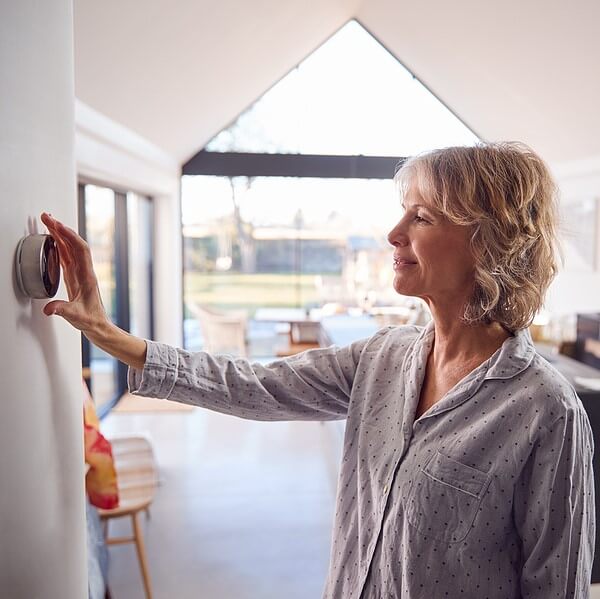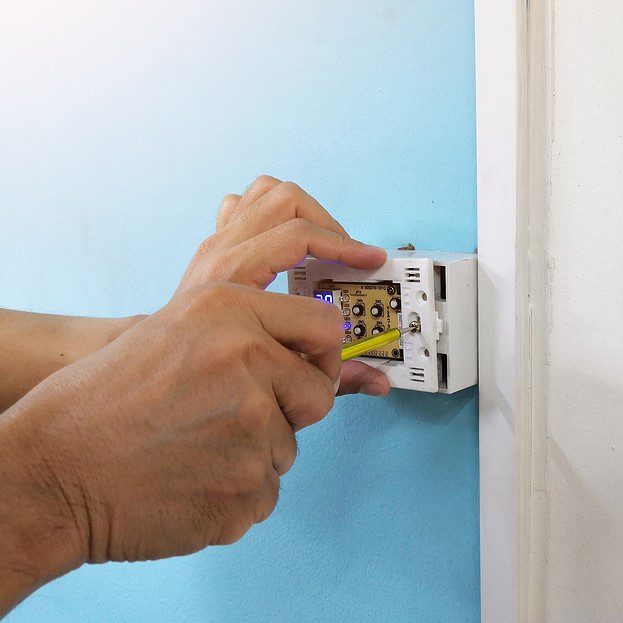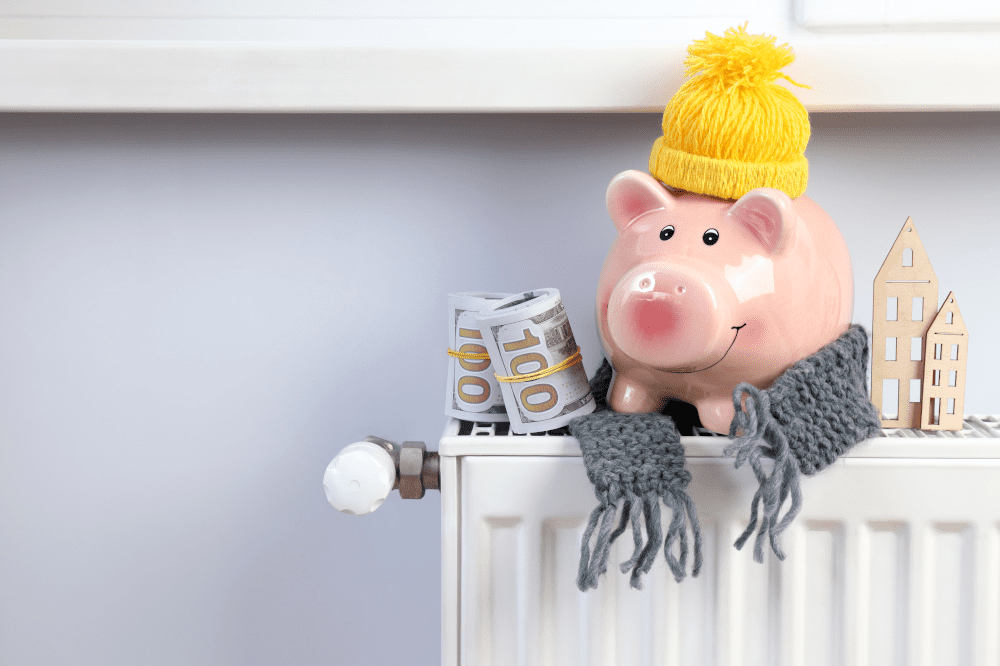
 Homeowners in Winter Haven are gearing up for another hot Florida summer with temperatures expected to hover above the 92°F average for this time of year. That means your air conditioner will be working extra hard to keep your home cool and comfortable. However, your air conditioner depends on the thermostat to maintain the desired temperature in your home. If your HVAC system isn’t operating efficiently or you are noticing a spike in your utility bills, your thermostat may be the culprit. While thermostat issues may seem like simple annoyances, they can spell trouble for your HVAC system if they are not corrected.
Homeowners in Winter Haven are gearing up for another hot Florida summer with temperatures expected to hover above the 92°F average for this time of year. That means your air conditioner will be working extra hard to keep your home cool and comfortable. However, your air conditioner depends on the thermostat to maintain the desired temperature in your home. If your HVAC system isn’t operating efficiently or you are noticing a spike in your utility bills, your thermostat may be the culprit. While thermostat issues may seem like simple annoyances, they can spell trouble for your HVAC system if they are not corrected.
Improper Thermostat Placement
Proper thermostat placement is essential for maintaining accurate temperatures and maximum HVAC performance. For example, if the thermostat is in an area that is exposed to direct sunlight, the sun’s heat will affect the temperature, and you may notice that some rooms are warmer or colder than others. It can also cause your HVAC system to run longer than necessary, driving up utility bills and causing parts to wear out prematurely, leading to more frequent repairs.
Dusty Build-up
Dust particles that are in the air can also get inside the thermostat. When dust covers the sensors or the metal contact points, it can result in inaccurate temperatures, and your air conditioner or heater may turn off before the thermostat reaches the desired temperature of which you’ve set.
Low Batteries
Many thermostats, especially older models, require alkaline batteries to operate. A low battery indicator will illuminate when the batteries are low. If the batteries are not replaced, the thermostat will eventually run out of power, and your HVAC system will not turn on until you replace the batteries.
Thermostat Is Not Level
Thermostats should be level for maximum accuracy. Over the years, house settling, remodeling, or accidentally bumping into the thermostat could knock it out of alignment resulting in inaccurate heating or cooling temperatures.
It’s More than Ten Years Old
The useful life of most residential thermostats is about ten years. Older thermostats are more susceptible to various issues, including wiring, dust, and wear and tear that can reduce the accuracy and the efficiency of your HVAC system. In addition, it can cause energy bills to increase and lead to more frequent air conditioning repair visits. So, even if your older thermostat is still working, you should consider replacing it to avoid critical thermostat issues that can lead to HVAC troubles.
 Replacing Your Thermostat
Replacing Your Thermostat
Replacing an older thermostat with a new programmable or smart thermostat is quick, easy, and affordable but should only be performed by a trained HVAC technician. A new thermostat will also help ensure your HVAC system runs more efficiently, which will lower your energy bills, make your home more comfortable, and prolong the life of your air conditioning system.
continue reading
Related Posts
The Art of Preserving and Modernizing Historical Home HVAC Systems […]
Reducing Heat Loss and Lowering Energy Bills Some might not […]
The equipment that comes with your pool, the swimming pool […]



